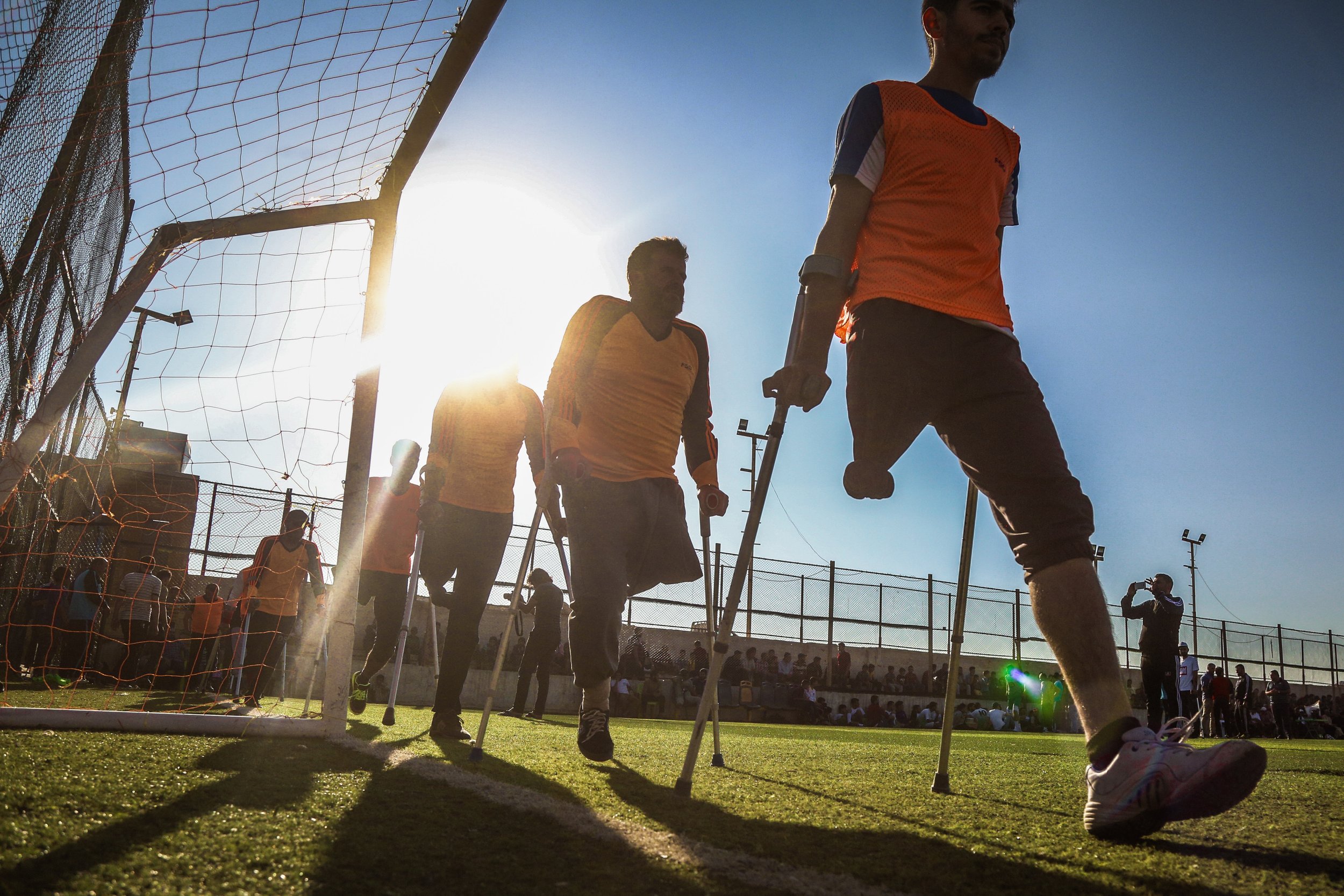Weaving together DE&I and Facilitator Leadership
Is it time for us to evolve the way we approach diversity, equity and inclusion (DE&I) training? It’s a question that’s been running around in my head for a while now. The question that’s shaped the conversations we’ve been having about creating a new kind of DE&I programme at Curve. But why, and how, did we get here?
DE&I is the casualty of the culture wars
In 2021, I was asked to write a trend report on key movements in DE&I, as part of some work commissioned by a multinational drinks brand. One of the five big themes I identified was ‘Anti-woke, the DE&I backlash’. The report flagged the danger of a developing narrative that pitted the work of inclusion against profitability. Today, looking back over the wreckage of the culture wars that have waged throughout 2022 and on into this year, the casualty of that war is clear.
The re-creep of anti-inclusive behaviour is a reality that has led to the rollback of our individual rights. The US Supreme Court’s overturning of Roe v Wade in June last year was a devastating low in a series of lows that has seen London’s Metropolitan Police described as having discrimination ‘baked into the system’; the rise in anti-Trans rhetoric lead to an alarming increase in attacks on members of the community on both sides of the Atlantic; and Luis Rubiales used the Spanish Football Federation he headed up to threaten legal action against the woman he kissed without consent, if she continued to contradict his version of events. And now we have the BBC holding internal enquiries to see if it played a role in enabling Russell Brand.
Time for a new approach
It’s clear that the work of DE&I is far from done. What’s also becoming clear is that the ‘comfortable’ approach taken by many organisations isn’t working. Signing everyone up for ‘self-paced’ online training or a one-off workshop is not the most effective way to cultivate the shift in mindset and behaviours we need to undo the inequality built into our systems and institutions.
This type of training is a first step – albeit an important and necessary one. But it’s work that should be seen as part of a bigger programme, designed around the understanding that to achieve change that’s meaningful, deep-rooted and sustainable, you need more than three hours of learning – however rich and brilliant that learning might be.
The work of inclusion shouldn’t be seen as an extra, something ‘other’ to deal with quickly, then move on from so we can all get back to business as usual. It should be intrinsic. We know that organisations today need deeper collaboration, the ability to transform at speed, take risks and innovate. And time and again, research shows that success in these areas is more likely when you have a diverse cohort of stakeholders.
The work of DE&I is centred around us all, as people, and how we can build the kind of honest, equal, empathetic connections that allow us to hive our minds and perspectives so that we can come up with brilliantly unexpected and effective answers to the challenges we face today. Answers that will give us a better chance of a balanced, healthy tomorrow.
DE&I is about understanding that ‘me’ and ‘we’ are inseparable. That when I am seen, we shine. When I am respected, we grow. When I am valued, we flourish. It’s realising that to achieve deep-rooted behaviour change, we need to engage hearts and minds. We need to invest in intentional, responsive programmes that last longer and reach further. The kind of programmes that go beyond sharing knowledge and help participants to support, share and grow together, based on principles of allyship, respect of identity and intersectionality, acknowledging the levers of privilege and power, and wanting to understand how they’re felt and experienced by different communities. All underpinned by accountability that’s driven by collective kindness and measured by meaningful metrics for impact, benefit and change.
So what might that look and feel like in practical terms?
At Curve we’ve been evolving our approach to leadership training. Questioning the idea of the traditional leader and the ‘servant’ leader, who lead from the front and the back respectively, to explore facilitator leadership – where you lead from within the group, as part of the collective. It’s an exciting prospect that connects seamlessly with the principles of equity and inclusion. In facilitative leadership, everyone has the potential to lead in certain scenarios And the tension that arises in diverse teams is harnessed to positive effect.
How might the shift to Facilitator Leadership make a difference to the DE&I space?
Research has shown that leaders have a huge impact on how inclusive – or not – an organisation is. When I spoke to Juliet Bourke, co-author of Deloitte’s culture-changing 6Cs of Inclusive Leadership, she described that impact as ‘exponential’, quantifying it as a 70% influence over how included team members feel.
This autumn, as we look to weave the threads of facilitative leadership and DE&I together, we’re launching a new programme of workshops for a cohort of people who are open to exploring this intersection with us – learning from us and with us, and sharing as much with the group as they gain from the group. The programme will build trust, allyship, advocacy and the tools of change that each participant can take back to their teams and organisations to not only seed change, but ensure it grows and flourishes.
We’ll share more details with you soon, but if you’re interested and want to know more, do get in touch!
As always, we, and you, are enough.
Helen and the whole Curve Team.

